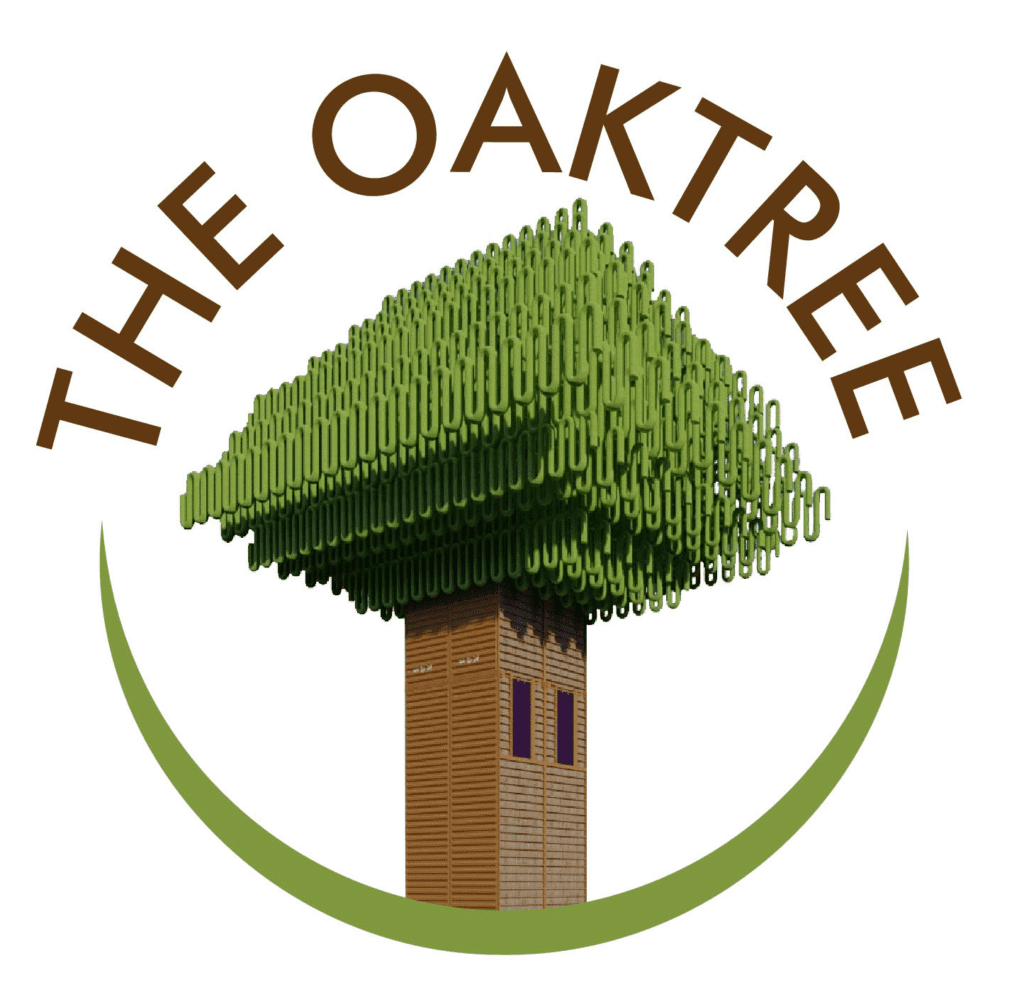Granular Activated Carbon (GAC) systems have been widely used in water treatment for decades. They are particularly effective at adsorbing contaminants from water, including organic compounds, heavy metals, and certain emerging contaminants like PFAS and microplastics.
In recent years, there has been a growing trend towards modular GAC systems. These systems are designed to be more flexible, scalable, and efficient compared to traditional fixed-bed GAC systems. They typically consist of a series of interconnected modules, each containing a bed of GAC. This modular design offers several advantages:
- Scalability: Modular systems can be easily expanded or contracted to meet changing water treatment needs.
- Flexibility: They can be adapted to different water sources and contaminant profiles.
- Efficiency: Modular systems often incorporate advanced technologies, such as backwashing and regeneration, to optimize performance and reduce operating costs.
Improved Efficiency and Productivity through standardization and mass-production
- Streamlined Processes: Standardized procedures reduce ambiguity and confusion, leading to smoother workflows and increased efficiency.
- Reduced Errors: Consistent guidelines minimize mistakes and rework, improving overall productivity.
- Enhanced Collaboration: Standardization fosters better communication and collaboration among teams, as everyone is working towards a common goal.

